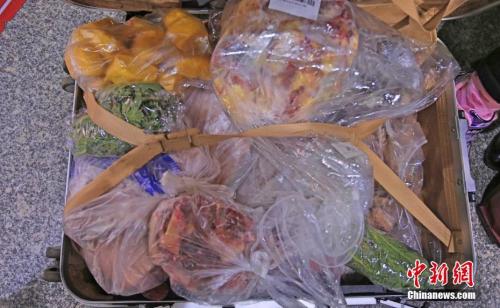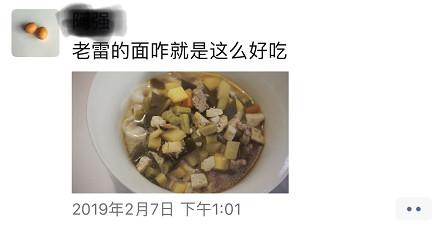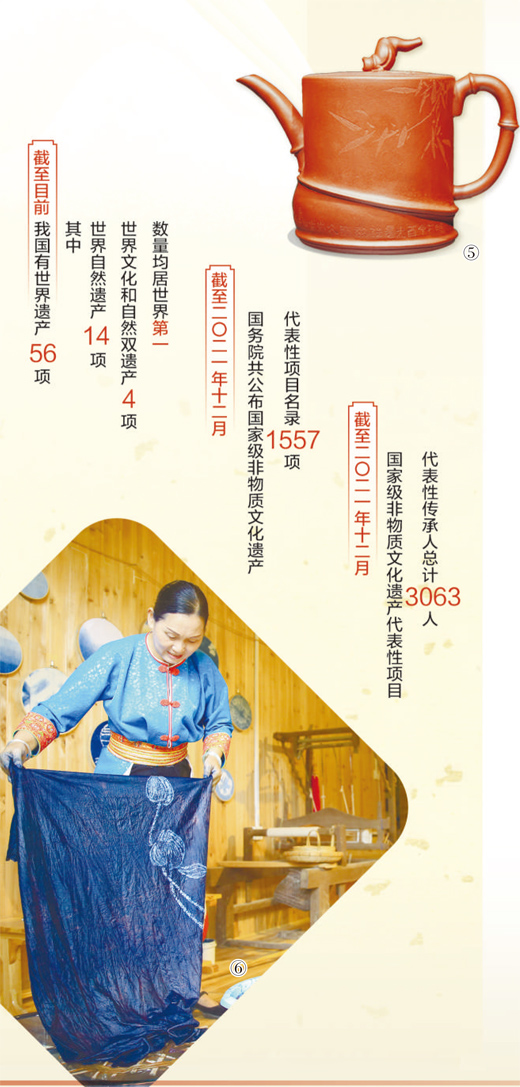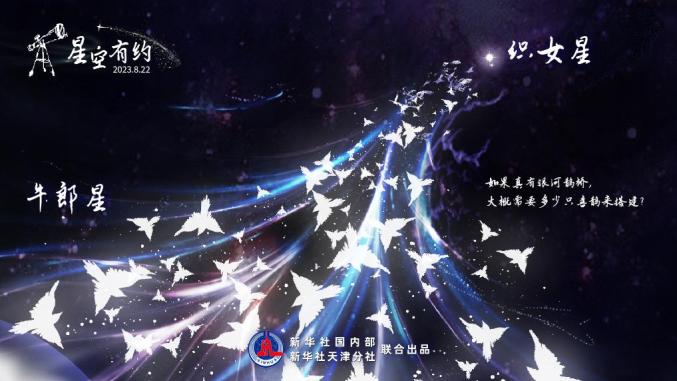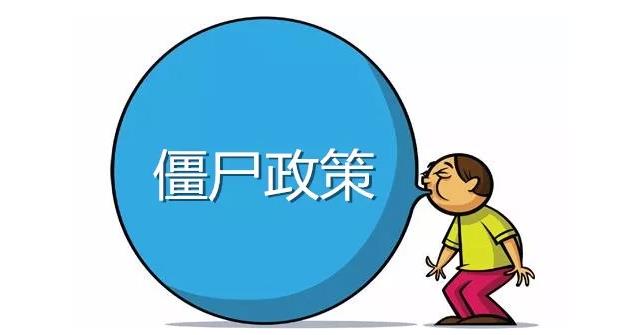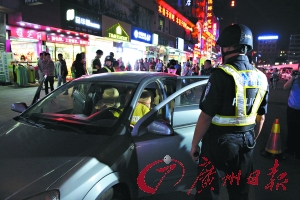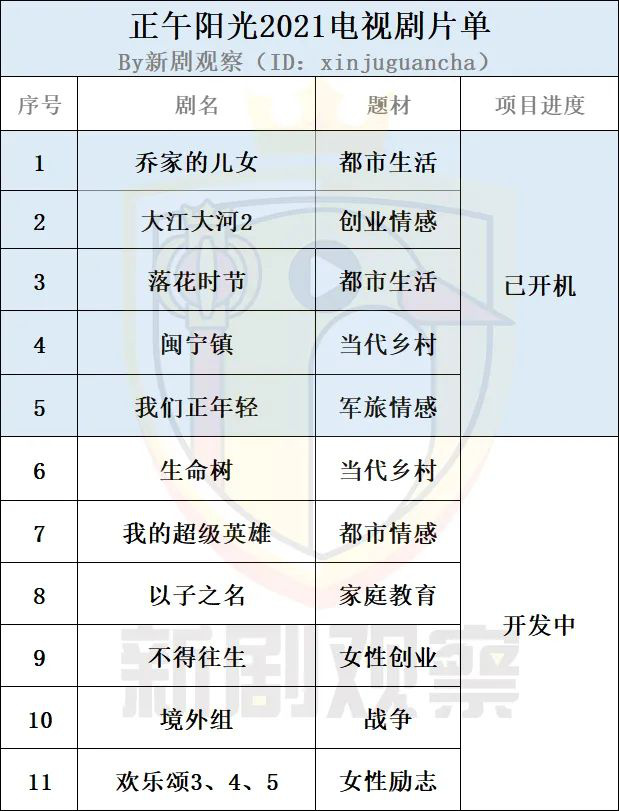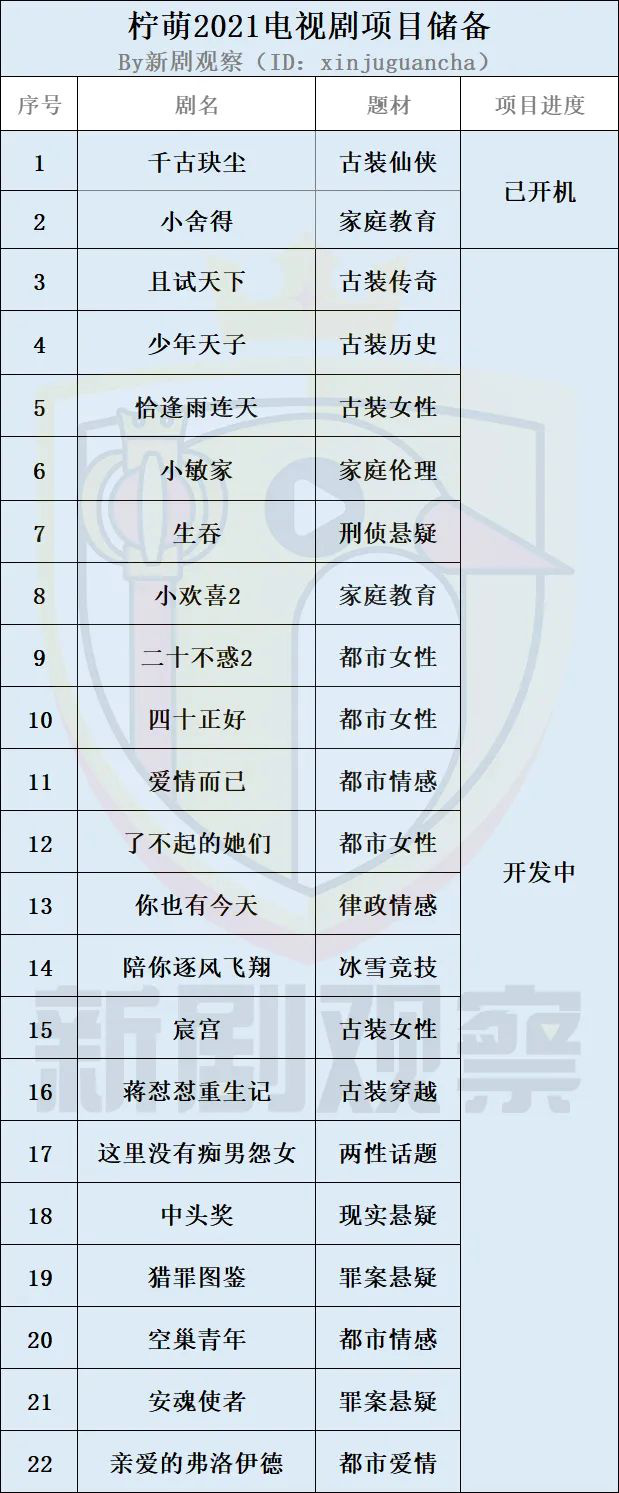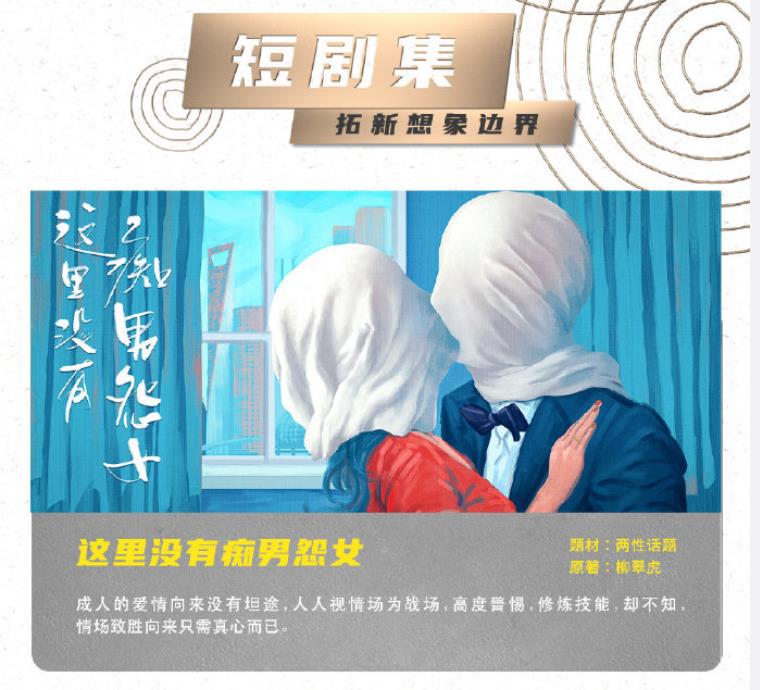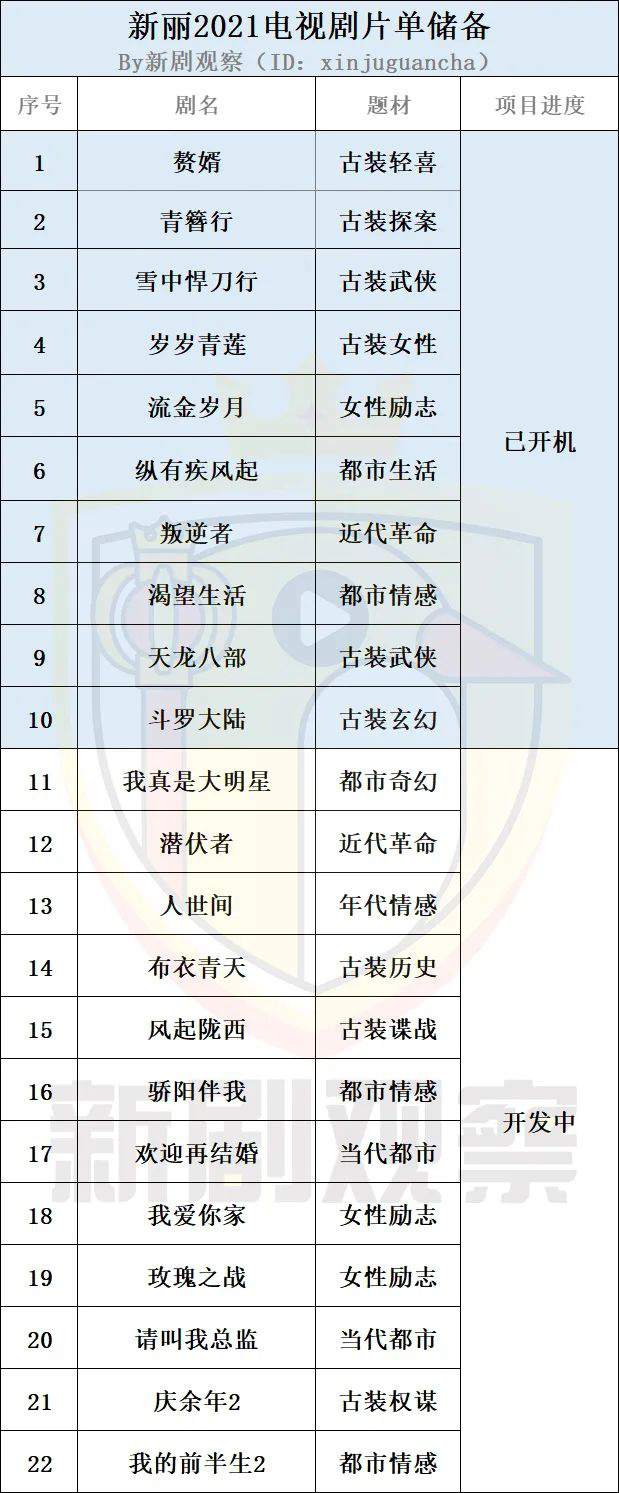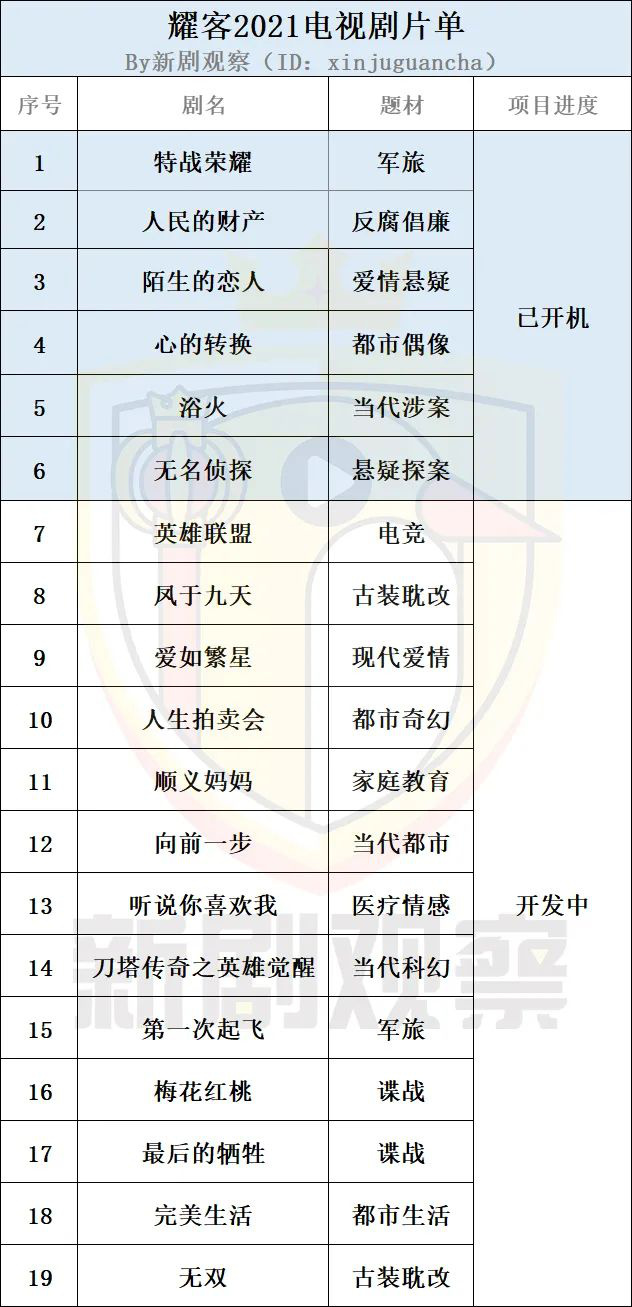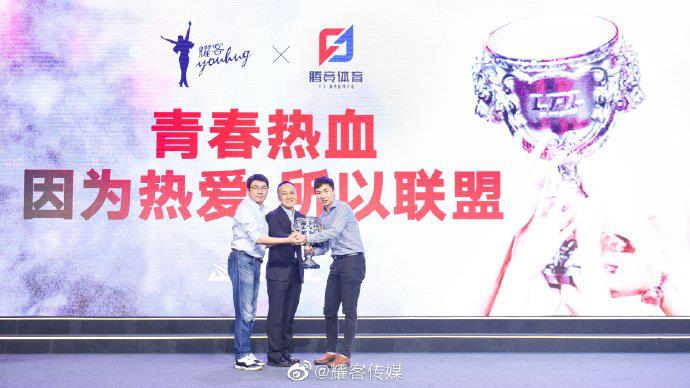Notice of the Tianhe District People’s Government of Guangzhou Municipality on Printing and Distributing the Detailed Rules for the Implementation of Rural Collective Assets Transaction Management in
Notice of Tianhe District People’s Government of Guangzhou Municipality on Printing and Distributing the Detailed Rules for the Management of Rural Collective Assets Transaction Sui Tianfu Gui [2021] No.1 Notice of Tianhe District People’s Government of Guangzhou Municipality on Printing and Distributing the Detailed Rules for the Management of Rural Collective Assets Transaction All subdistrict offices and units directly under the district government: The Detailed Rules for the Management of Rural Collective Assets Transaction in Tianhe District have been approved by the district committee and district government, and are hereby printed and distributed to you, please implement them carefully. Problems encountered in the implementation, please reflect the radial agricultural and rural bureau. Guangzhou Tianhe District People’s Government March 17, 2021 Detailed Rules for the Implementation of Rural Collective Assets Transaction Management in Tianhe District Chapter I General Provisions Article 1 In order to further standardize the transaction behavior of rural collective assets in this district, ensure that the transaction process is open, fair and just, strengthen the construction of grassroots integrity, and protect the legitimate rights and interests of rural collective economic organizations and shareholders, To promote economic development, according to the regulations on the management of rural collective assets in Guangdong Province, the regulations on the management of rural collective economic organizations in Guangdong Province, and the measures for the management of rural collective assets transactions in Guangzhou City, combined with the actual situation in this area, these detailed rules are formulated. Article 2 The rural collective economic organizations mentioned in these Detailed Rules (hereinafter referred to as rural collectives) refer to the cooperative economic organizations formed by the reform, transformation and reorganization of the original people’s communes, production brigades and production teams, including economic unions, economic cooperatives and joint-stock cooperative economic unions (hereinafter referred to as economic unions)., joint-stock cooperative economic society (hereinafter referred to as the economic society) and its economic entities. The transaction of rural collective assets referred to in these Detailed Rules refers to the contracting out, leasing, transferring, transferring and using rural collective assets to buy shares at a discount, cooperative construction and other transactions. Article 3 These Detailed Rules shall apply to the asset trading behavior and related management activities of rural collectives within their respective administrative areas. Article 4 The rural collective assets referred to in these Detailed Rules include: (1) the land management rights of arable land, wasteland, mountains, woodland, grassland, waters and beaches that are owned by rural collectives and can be traded according to laws and regulations, as well as the use rights of construction land such as economic development land and public facilities land and other unused land; (2) Forests and trees owned by rural collectives; (3) Buildings and structures invested and constructed by rural collectives and obtained through various cooperation methods, as well as purchased transportation tools, machinery, electromechanical equipment, irrigation and water conservancy facilities and educational, cultural, health and sports facilities; (4) Securities and creditor’s rights owned by rural collectives; (five) the share of the assets formed by the rural collective and the enterprise or other organizations and individuals in accordance with the agreement and the actual contribution; (six) the rural collective accepts the assets allocated by the state free of charge and funded or donated by other economic organizations, social organizations and individuals; (seven) intangible assets such as trademark rights, patents and copyrights owned by rural collectives; (eight) the right to operate rural collective enterprises; (9)Other assets owned or managed by rural collectives according to law. Public welfare facilities invested by the state but actually managed and used by rural collectives are not rural collective assets listed in the preceding paragraph and may not be traded. Rural collectives shall clean up rural collective assets and establish ledgers, and conduct annual inventory. Article 5 The transaction of rural collective assets shall abide by relevant laws and regulations, follow the principles of democratic decision-making, equality and compensation, honesty and trustworthiness, openness, fairness and impartiality, and shall not infringe upon the legitimate interests of the collective and others. Chapter II Working Institutions and Their Duties Article 6 Tianhe District Bureau of Agriculture and Rural Affairs is responsible for coordinating, guiding and coordinating the management of rural collective assets transactions in Tianhe District, and organizing the implementation of these detailed rules. Perform the following duties: (1) Guide and supervise the rural collectives to input the transaction information of rural collective assets into the rural collective asset management platform in Tianhe District and supervise the use of the platform; (two) to guide and supervise the rural collective to carry out collective asset management; (three) to supervise the transaction process, contract signing and transaction information disclosure; (four) to supervise and prompt the transaction application before the expiration of the contract; (five) to guide and supervise the rural collective to add or change the information of asset resource ledger and contract ledger; (six) to investigate and deal with the relevant complaints in the process of rural collective assets trading. Seventh street offices are responsible for assisting the district government and its relevant functional departments to carry out the supervision and management of rural collective assets transactions;Guide and supervise the rural collectives within their jurisdiction to carry out rural collective assets verification, account establishment and annual inventory, organize rural collective assets to enter the transaction service institutions for transactions, and designate the transaction management institutions of the street. Street transaction management institutions shall perform the following duties: (1) to guide and supervise the rural collectives within their jurisdiction to carry out asset transaction management; (II) Guide the rural collectives within their jurisdiction to input information such as rural collective asset transaction information, asset resource ledger and contract ledger into Tianhe District rural collective asset management platform, and review the changes of information such as asset resource ledger and contract ledger submitted by rural collectives; (three) to guide the rural collective to apply for transactions within the jurisdiction, and to review the transaction data of rural collective assets trading projects within the jurisdiction; Strengthen the industrial guidance of rural collective assets trading in combination with the regional industrial layout, and solicit the opinions of relevant industry authorities according to the needs of work and the nature of trading projects, and guide rural collectives to carry out follow-up work according to the opinions; (four) to supervise the transaction process of rural collective assets within the jurisdiction and the signing and alteration of contracts; (five) to supervise and prompt the application for the transaction of rural collective assets within the jurisdiction before the expiration of the contract; (six) to supervise the information disclosure of rural collective assets transactions within the jurisdiction; (seven) to investigate and deal with the relevant complaints in the process of rural collective assets transaction within the jurisdiction. Article 8 Tianhe District Rural Collective Assets Trading Center (hereinafter referred to as "District Trading Center") is a rural collective assets trading service institution in Tianhe District, and its operating funds are included in the district financial budget.Perform the following duties: (1) Build, manage and maintain the rural collective asset management platform in Tianhe District; (two) to be responsible for the business guidance and training of rural collective assets transactions in the whole region, and to assist in the guidance of transactions involving regional industrial layout transactions; (three) to formulate and standardize the transaction process and transaction document model of rural collective assets; (four) to review the transaction data of rural collective assets trading projects; (five) unified release of rural collective assets transaction information, accept the bidding intention consultation and registration, the bidding intention qualification for formal review; (six) to provide public bidding places for rural collective assets, and organize transactions in accordance with the provisions; (seven) to guide the contract signing of rural collective assets trading projects, and to file and keep all the transaction process data of the trading projects organized by the district trading center; (eight) record the integrity of the transaction subject, and manage the credit evaluation list of rural collective assets transactions in Tianhe District according to the regulations; (nine) to assist in the investigation and handling of relevant complaints in the transaction process. Article 9 The collective assets trading workstation of the Economic Union (hereinafter referred to as the "Union Workstation") is the collective assets trading service institution of the Economic Union, and performs the following duties: (1) Responsible for the dynamic management of the collective assets of the Economic Union, inputting the data information of the rural collective assets resource ledger into the rural collective assets management platform of Tianhe District, and reporting it to the street transaction management institution for review; (two) to guide the economic association to prepare the application materials for asset trading,And submit the transaction application materials to the street transaction management institution for review. After the approval, enter the relevant transaction data into the platform and initiate the transaction; (3) To be responsible for the negotiation, negotiation and lease renewal transactions of this economic association, and input relevant data into the platform, and file and keep the data of this economic association’s collective assets trading project after the transaction is completed; (four) record the integrity of the transaction subject. The workstation of the Union implements the responsibility system of the chairman of the Economic Union under the leadership of the Party organization. Article 10 Rural collectives shall, in accordance with the relevant provisions of the Regulations on the Management of Rural Collective Assets in Guangdong Province, disclose the information related to rural collective assets transactions, establish rural collective assets resources and contract ledgers, enter rural collective assets transactions and related contract ledgers and financial revenues and expenditures into Tianhe District’s rural collective assets management platform, and implement dynamic management of rural collective assets. Eleventh transaction management and service institutions at all levels shall not bear legal responsibility for the risks such as quality defects, ownership legality defects and contract breach of rural collective assets entering the market. Chapter III Trading Methods Article 12 Rural collective assets in Tianhe District shall be traded through the management platform of rural collective assets in Tianhe District. Major trading projects such as the transfer, transfer and lease of rural collective construction land use rights can also be carried out through Guangzhou Public Resources Trading Center. If the comprehensive renovation project of old villages is reviewed by the district urban renewal department and conforms to the policy, the rural collective will conduct public transactions through the Guangzhou Public Resource Trading Center to determine the cooperative unit.Thirteenth rural collective assets transactions mainly have the following three ways: open bidding, negotiation and negotiation, and agreement to renew the lease. Open bidding includes on-site bidding and online bidding. Among them, on-site bidding can be conducted by placard bidding or written quotation. Rural collective assets transactions are encouraged to give priority to online bidding transactions. Fourteenth rural collectives shall not restrict or exclude potential bidders with unreasonable conditions, and shall not discriminate against potential bidders. Rural collectives can reasonably set the bidder’s qualification requirements according to the characteristics of the transaction project and the actual needs of the project, and pass the special vote of the shareholders’ congress of the economic association or the shareholders’ (household representatives) congress of the economic society. Laws, regulations, policies and other provisions on the qualification requirements of bidders, from its provisions. Article 15 Projects that meet one of the following circumstances may be traded through negotiation: (1) Public welfare projects such as kindergartens, schools and nursing homes and public supporting services such as community neighborhood committees, community garbage stations, health service centers, substations and post offices; (two) subway, municipal construction and other public facilities construction projects invested by the government and having economic relations with rural collectives; (three) after two consecutive transactions by public bidding, the project failed to be successfully traded because no one signed up; (four) temporary stalls with a contract term of less than one year, property (land) with a total contract amount of less than 10 thousand yuan and other "short and scattered" assets rental projects; (5)Projects that are temporarily rented in the transitional stage before the renovation and demolition, such as comprehensive renovation of old villages, renovation and upgrading of village-level industrial parks and other special renovations; (six) the rural collective assets other than the right to use collective construction land are converted into shares and cooperative construction projects; (seven) other circumstances stipulated by laws, regulations and policies. In the case of item (1) of the first paragraph of this article, the purpose of the project shall not be changed after the transaction is completed. In the case of item (3) of the first paragraph of this article, the last published transaction documents must be used as the conditions for negotiation and negotiation, and the collective interests shall not be harmed. If the transaction is to be negotiated, the rural collective will draw up the transaction documents, which will be reported to the sub-district office for preliminary examination and approved by the rural collective democratic vote, and then reported to the sub-district office for approval, and can be implemented only after being entered into the Tianhe District rural collective asset management platform. In the case of item (4) of the first paragraph of this article, the project that is traded through negotiation can be specifically implemented by the meeting of shareholders of the Economic Association or the meeting of shareholders (household representatives) of the Economic Association. Article 16 Where a transaction is conducted by means of agreement renewal, it shall be conducted according to the following requirements: (1) A renewal transaction can be initiated within one year before the expiration of the original contract; (2) An asset appraisal institution with legal qualifications shall be entrusted to appraise the renewed assets; (three) the renewal price is determined by referring to the evaluation price and combining with the market price of the same area around; (4)New buildings (structures) added on the basis of the original leased property shall be included in the scope of renewal; (5) The rural collective shall draw up an agreement to renew the lease transaction document, which shall be reported to the street office for preliminary examination and approved by the rural collective democratic voting, and then reported to the street office for approval, and can be implemented only after being entered into the Tianhe District rural collective asset management platform. Article 17 The lease term of a lease contract shall not exceed 20 years. In the cooperative construction project of construction land, which belongs to commercial, tourism and entertainment land, the maximum cooperation period shall not exceed 40 years (including the construction period); Belonging to industrial, warehousing and other non-residential land, the maximum cooperation period shall not exceed 50 years (including the construction period). If the rural collective legally owns the right to use the cooperative construction land (management right) for a period less than the period specified in the preceding paragraph, the cooperative period shall not exceed the period that the rural collective can use according to law. Chapter IV Trading Procedures Article 18 Before the rural collective assets are publicly traded, the rural collective shall declare its trading intention to the street trading management institution where it is located. Street transaction management institutions shall, in combination with the regional industrial layout, strengthen the industrial guidance of rural collective assets transactions, provide guidance according to the industry, category and characteristics of the projects involved in the transaction intention, and according to the regional industrial development planning, environmental protection requirements and safety production. The street transaction management institution shall make a reply within 5 working days after receiving the application materials of rural collective transaction intention. If the situation is complicated, it may be extended for 5 working days with the consent of the street office.Nineteenth rural collectives shall, after completing the registration of transaction intention, prepare transaction documents and conduct democratic voting. The transaction documents shall include the following contents: (1) Detailed information of the assets to be traded (including information such as the status quo of property rights, fire protection, geographical location, nature of land use and photos of the status quo); (two) the transaction method and the bidder’s qualification requirements; (3) The trading floor price and the increasing range; (4) The amount of trading margin; (5) If the contract is not signed due to the reasons of the bidder, the handling method of the trading deposit of the bidder; (six) the term of the contract and the amount of the performance bond; (7) Other agreed matters and liabilities for breach of contract. The amount of the trading deposit shall not be higher than 2% of the total contract amount or 30% of the first year’s rent (calculated at the trading floor price). The amount of the contract performance bond shall not be higher than 10% of the total contract amount or 30% of the first year’s rent (calculated by the transaction price). The specific amount of transaction bond and contract performance bond shall be decided by the rural collective through democratic voting within the above range. Twentieth rural collective assets to be traded, the rural collective shall entrust an asset appraisal institution with legal qualifications to evaluate the value of the assets, and take the asset appraisal results as the basic reference to determine the transaction reserve price. The evaluation procedures must be implemented according to the procedures stipulated in the Regulations on the Management of Rural Collective Assets in Guangdong Province. The evaluation results shall be announced to all members of the organization for not less than 5 working days. Comply with Article 15 (1), (2), (3) and (4).Assets evaluation requirements are not required for open auction transactions under the following circumstances, and the rural collectives put forward the transaction reserve price with reference to the surrounding market prices: (1) properties with an area of less than 100 square meters and an annual rent of less than 100,000 yuan, and other unused land rental transactions; (two) agricultural land (cultivated land, wasteland, forest land, etc.) with an area of less than 10 mu and a lease term of less than 5 years. Article 21 The decision-making method of "four discussions and two publicity" shall be adopted for major trading projects that meet the following circumstances: (1) Transfer or transfer of assets such as collective construction land and real estate; (two) cooperative construction projects with the right to use collective construction land; (3) Rental transactions with a total contract value of more than 100 million yuan by open bidding; (four) the total contract amount of more than 100 million yuan to renew the lease agreement; (five) other major trading projects that need to be implemented. Major transaction items that meet the conditions in Item (1) of the first paragraph of this article must be passed by the resolution of the shareholders’ meeting of the economic association or the shareholders’ (household representatives) meeting of the economic society. Article 22 The decision-making of general transaction items of rural collective assets adopts hierarchical democratic voting procedures: (1) The following transaction items are passed by resolutions of the shareholders’ congress of the Economic Association or the shareholders’ (household representatives) congress of the Economic Society: 1. Rental transactions with a total contract amount of more than 10 million yuan and less than 100 million yuan; 2. Negotiate and negotiate transactions;3. An agreement to renew the lease with a total contract amount of less than 100 million yuan; 4. The sale, transfer or transfer of fixed assets with an original value of more than 1 million yuan except the collective construction land use right and real estate property; (II) The rental transaction items with a total contract amount of less than 10 million yuan traded by open bidding shall be determined by the meeting of members of the leadership team of the Economic Association or the meeting of members of the Economic and Social Council, and the meeting process shall be supervised by members of the board of supervisors as nonvoting delegates; (3) Where laws, regulations, rules and policies provide otherwise, such provisions shall prevail. The consideration of the above transaction items must be considered one by one. Deliberating and voting matters must be implemented in accordance with the "Regulations on the Administration of Rural Collective Economic Organizations in Guangdong Province". Meeting resolutions and implementation results should be made public in a timely manner, and the publicity time should be no less than 5 working days. Article 23 Rural collectives shall submit the following materials to the street transaction management institution within 180 days from the date of democratic voting: (1) Relevant forms and documents, including: 1. Pre-registration Form for Rural Collective Assets Transaction in Tianhe District; 2. The Transaction Document of Rural Collective Assets in Tianhe District adopted by democratic voting; 3 "Tianhe District rural collective assets trading democratic voting table" and resolution records; (two) the identity certificate of the legal representative of the rural collective and the Registration Certificate of the Rural Collective Economic Organization. If it is a company, it must provide a business license. (three) the status of the subject matter pictures or four maps. (four) valid proof of the ownership of the subject matter. (5)The Appraisal Report or Appraisal Report of the transaction item. (six) other materials that need to be submitted in accordance with the relevant provisions of laws, regulations and rules. If it has not been submitted for more than 180 days, a democratic vote must be held again. Rural collectives need to ensure the authenticity and integrity of the submitted materials. The street transaction management institution shall complete the audit within 5 working days after receiving the materials, including but not limited to: the authenticity of the basic information of the project, the integrity of the application materials, the compliance of the democratic voting procedure, the legal compliance and fairness of the bidder’s qualification requirements, etc. After the audit is completed, the materials shall be submitted to the district trading center. If the audit cannot be completed on time due to special reasons, the rural collective shall be informed in writing. If the transaction project needs to seek the opinions of other industry authorities, the time for soliciting opinions is not included in the above five working days. Article 24 The district trading center shall review the integrity of trading materials, the compliance of democratic decision-making procedures, the legal compliance and fairness of bidder’s qualification requirements, and the information disclosure of property rights, fire protection and other projects. If the information is complete, the district trading center shall, within 5 working days, publish a trading announcement on the information platforms such as Guangzhou rural (community) collective property right transfer management service platform, Tianhe District People’s Government portal website and Tianhe District rural collective asset management platform. Rural collectives should also publish trading announcements in their information disclosure columns (the "three public" columns) and the places where the subject matter is located. The announcement of the transaction shall include the following contents: (1) Basic overview of the transaction items.(including information such as the status quo of property rights, fire protection, geographical location, nature of land use and photos of the status quo); (two) the transaction price, the increasing range and the contract period; (3) Qualification requirements of bidders; (4) Time, place and method of registration; (5) The amount and payment method of the trading deposit; (6) Where the contract is not signed due to the reasons of the bidder, the handling method of the trading deposit of the bidder; (7) Time, place and method of trading; (8) Contact information and contact person; (9) Contract performance bond; (ten) other contents that need to be announced. Article 25 The criteria for the duration of transaction announcement are as follows: (1) For rental transactions with a total contract amount of less than 100 million yuan, the announcement time shall not be less than 7 working days; (two) the transfer of rural collective assets, cooperative construction projects or rental transactions with a total contract amount of more than 100 million yuan and less than 1 billion yuan, and the announcement time shall not be less than 20 days; (3) For trading projects with a total contract amount of more than 1 billion yuan, the trading announcement period is 60 days. The day of the announcement of the transaction is not included in the announcement period of the transaction announcement. Twenty-sixth during the information announcement, without justifiable reasons, the rural collective shall not cancel the transaction or change the transaction information. If it is really necessary to cancel the transaction or change the transaction information, it shall submit a written application to the district trading center 3 working days before the end of the announcement, and the written application shall be added by the street trading management institution. After the examination and approval of the district trading center, the announcement of canceling the transaction or changing the transaction information will be issued.Twenty-seventh during the information announcement, the third party who has an interest relationship with the project raises an objection to the transaction project, and there is evidence. The rural collective is responsible for communication and consultation with the dissenting party, and the street transaction management institution gives guidance and assistance; If the bidder raises questions about the transaction information, the rural collective will answer them. During the communication and consultation between the rural collective and the project dissident, the district trading center will make a decision to suspend the announcement and make an announcement. During the suspension of the announcement, the project will be suspended from accepting the registration of bidders. If the two sides reach an agreement and the normal transaction of the project is not affected, the district trading center will make a decision to cancel the announcement of suspension upon the application of the rural collective, and continue to accept the registration of bidders according to the number of days remaining in the announcement period when the project is suspended. Twenty-eighth bidders shall submit information registration to the district trading center according to the requirements of the trading announcement, pay the trading deposit, and ensure the authenticity and integrity of the registration information. The district trading center shall confirm the registration qualification of the bidder and inform the confirmation result. Twenty-ninth district trading center shall organize the transaction within 2 working days after the announcement of the transaction. After the transaction is completed, the district trading center shall organize both parties to sign the Confirmation of Rural Collective Assets Transaction in Tianhe District, and publicize the transaction results on the information platforms such as Guangzhou Rural (Community) Collective Property Right Transfer Management Service Platform, Tianhe District People’s Government Portal, Tianhe District Rural Collective Assets Management Platform, etc. The rural collectives shall also make public their information ("three public" column).And the place where the subject matter is located. The publicity time shall not be less than 5 working days. The publicity of the transaction results shall include the following contents: (1) the name and general situation of the transaction project; (2) Transaction time and transaction price; (3) the bidder; (4) Time limit for publicity; (five) the complaint handling institution and contact information. Take negotiation, agreement to renew the lease and other ways to trade the project, the rural collective will submit the transaction related information to the district trading center, and the district trading center will publicize the transaction results in a timely manner. Thirtieth within 5 working days after the end of the publicity, the rural collective and the bidder shall sign the contract at the place designated by the trading service institution, and the trading service institution shall do a good job in guiding the signing of the contract. Due to special circumstances, if the rural collective and the bidder fail to sign the contract within the specified time, the rural collective and the bidder can reach an agreement, and the signing of the contract can be postponed after being audited by the affiliated economic association and the street transaction management institution. Thirty-first transactions failed, the rural collective can apply for a new transaction announcement without changing the original trading conditions; For the completed transaction project, if the contract is terminated due to the lessee’s reasons and the democratic voting time of the original transaction documents is still within the validity period of 180 days, you can apply for re-issuing the transaction announcement with the consent of the street transaction management institution. Where the trading conditions are changed, the trading intention shall be re-declared in accordance with the provisions of these Detailed Rules. Article 32 After signing the contract, the transaction service institution shall sort out the relevant materials of the transaction items.File for future reference, and timely input relevant information into Tianhe District rural collective asset management platform according to regulations. Chapter V Trading Rules and Supervision Article 33 The trading of rural collective assets by public bidding shall abide by the following trading rules: (1) If there is only one bidder, the transaction price shall not be lower than the reserve price; (two) there are more than two bidders, according to the way of the highest price; (3) In the case of the same price and conditions, the bidders who have priority according to law and agreement, such as members of the rural collective and the original lessee, shall have priority to win the bid. Where there are more than two priorities at the same time, the legal priority takes precedence; If the priority order cannot be determined, the bidder shall be determined by on-site lottery. Article 34 In the course of trading, if normal trading fails due to one of the following special circumstances, with the consent of the trading management institution, the trading service institution may make a decision to postpone trading or suspend trading, and make an announcement within 2 working days: (1) If normal trading fails due to force majeure; (2) A third party raises an objection to this transaction, which is proved by facts and cannot be reasonably explained by other interested parties; (three) the bidder is suspected of fraud, collusion, bribery, extortion, threatening others, and needs to be investigated and confirmed; (4) Other special circumstances that cause the transaction to be unable to proceed normally. Thirty-fifth trading margin by the district trading center collection, escrow. A deposit can only participate in the bidding of one transaction. If the bidder fails to win the bid,The trading deposit shall be returned to the bidder in full by the district trading center within 5 working days after the announcement of the trading results of the project; The trading deposit of the bidder shall be returned to the bidder in full by the district trading center within 5 working days after the signing of the contract, or converted into contract performance bond or other deposit according to the agreement in the trading announcement. If the bidder refuses to sign the Confirmation of Rural Collective Assets Transaction in Tianhe District, or within 5 working days after the auction results are publicized, the bidder fails to sign the contract with the rural collective on time due to the bidder’s reasons, and the two sides fail to reach an agreement, it is deemed that the bidder automatically waives the qualification for competition, and the transaction deposit paid by the district trading center will be transferred to the rural collective in one lump sum according to the announcement, which will be handled by the rural collective at its sole discretion. Thirty-sixth transaction management institutions and transaction service institutions shall record the credit situation of asset transactions and contract performance, and regularly inform the District Agricultural and Rural Bureau. The District Bureau of Agriculture and Rural Affairs shall establish a credit evaluation mechanism, and notify the trading service institutions to restrict their participation in the bidding for bidders and tenants (contractors) with poor credit evaluation. Within the scope of Tianhe District, if the bidder or lessee (contractor) has one of the following circumstances, it will be included in the list of bad behaviors in credit evaluation of rural collective assets transactions in Tianhe District: (1) failing to sign in for admission for five times in a year; (two) five times in a year, but no quotation or invalid quotation (the quotation below the transaction reserve price is regarded as invalid quotation), which leads to the failure of the transaction; (3) Disrupting the trading order and affecting the normal trading; (4)The bidder commits fraud, collusion, bribery, extortion and threats to others; (5) Refusing to sign a transaction confirmation letter without justifiable reasons after winning the bid successfully; (six) after the successful bid, without justifiable reasons to overturn the transaction price or refuse to sign the contract; (seven) in the process of performance, without the consent of the rural collective, the rent has not been paid in accordance with the contract for 3 times; (eight) after the expiration of the contract, the subject matter is not returned in accordance with the contract; (nine) other acts that violate the principle of good faith. If the bidder or lessee (contractor) is to be included in the list of bad behaviors in credit evaluation of rural collective assets transactions in Tianhe District, the relevant units shall provide effective written certification materials. Has been included in the list of bad credit evaluation, the District Bureau of Agriculture and Rural Affairs shall inform the relevant units not to lift the list of bad credit evaluation within 3 years. Thirty-seventh rural collective assets trading, street trading management institutions shall organize supervision team to witness supervision. The supervision team consists of four or more members, including the leadership of the Economic Association or the Economic and Social Council, the Board of Supervisors, the street transaction management organization and the monitoring station. The supervision team found illegal trading behavior, or received relevant complaints and reports, it shall promptly report to the transaction management institution. Thirty-eighth interested parties to the transaction have objections to the transaction process or results, and may complain to the District Agricultural and Rural Bureau, the sub-district office or the discipline inspection and supervision department. The complaint acceptance department shall, within 60 days after receiving a valid complaint, investigate and verify the complaint.And deal with it. Thirty-ninth in the process of rural collective assets transaction contract, if there is a dispute between the two parties and there is an arbitration agreement, they may apply to the arbitration organ for arbitration according to law; If there is no agreement, a lawsuit may be brought to the people’s court according to law. Chapter VI Accountability Article 40 Sub-district offices shall incorporate the transaction management of rural collective assets into the annual performance appraisal of rural collectives as the basis for rewards and punishments for members of the leading bodies of economic associations. Forty-first rural collective personnel in violation of the provisions of these rules, one of the following acts, depending on the seriousness of the case, shall be ordered to make corrections, informed criticism, suggested to deduct salary or performance awards, suggested to recall and other treatment; If losses are caused to the collective economy, it shall bear corresponding liability for compensation according to law; If a crime is constituted, criminal responsibility shall be investigated according to law. (a) not in accordance with the provisions of these rules to enter the trading service institutions for public trading; (two) there are acts of concealing facts and providing false information in the transaction process; (3) Failing to perform the democratic voting procedure as required; (4) Failing to evaluate the assets to be traded as required; (5) Disrupting the trading order and affecting the normal trading; (6) Failing to sign a contract as required after the transaction; (seven) deliberately set obstacles not to perform the contract; (eight) the existence of bribery, bribery; (nine) other acts that affect the openness, fairness and impartiality of transactions.Forty-second District Agricultural and Rural Bureau, street transaction management agencies related staff in violation of the provisions of these rules, do not perform or do not perform their duties correctly, shall be given administrative sanctions; If a crime is constituted, criminal responsibility shall be investigated according to law. Article 43 If the staff of a trading service institution violates the provisions of these Detailed Rules, abuses their powers, fails to perform or improperly performs their duties, they shall be punished by the administrative department in charge of deduction of salary, dismissal, accountability and punishment, depending on the seriousness of the case; Causing economic losses, shall be liable for compensation according to law; If a crime is constituted, criminal responsibility shall be investigated according to law. Forty-fourth to report and expose the behavior of embezzlement and damage to the interests of rural collective assets in the process of retaliation, by the relevant departments to investigate and deal with according to law; If a crime is constituted, criminal responsibility shall be investigated according to law. Forty-fifth bidders, bidders, bidders in violation of the provisions of these rules, damage the interests of others, rural collective, shall be liable for compensation; In case of fraud, collusion in bidding, bribery, extortion and threats to others, their legal responsibilities shall be investigated according to law. Forty-sixth laws, regulations and the "Guangzhou rural collective" three-capital management accountability system "have other provisions on the accountability of violations of rural collective assets transaction management, from its provisions. Chapter VII Supplementary Provisions Article 47 The assets owned by the district supply and marketing cooperatives may be traded on the rural collective asset management platform with reference to the rural collective asset trading procedures.Article 48 The total contract amount mentioned in these Detailed Rules shall be calculated at the transaction reserve price. Article 49 The above and within mentioned in these Detailed Rules include this number. Article 50 These Rules shall come into force as of the date of issuance and shall be valid for 5 years. The original Detailed Rules for the Management of Rural Collective Assets Transaction in Tianhe District (Sui Tianfu Regulation [2017] No.4) shall be abolished at the same time. Publicity method: voluntary publicity of Guangzhou Tianhe District People’s Government Office issued on March 18, 2021.
 There is no need to keep it secret. When the Central Environmental Protection Inspector Group "looks back" to Guangdong, it will definitely go to Shantou to see the rectification of Lianjiang. However, the results shocked the Fifth Inspector Group of Central Environmental Protection (hereinafter referred to as the Inspector Group): no matter whether it was a good step beforehand or a temporary motion, the rivers we saw were all black and smelly; Garbage is discarded and buried at will; Even electronic waste is piled up beside the rice fields.
There is no need to keep it secret. When the Central Environmental Protection Inspector Group "looks back" to Guangdong, it will definitely go to Shantou to see the rectification of Lianjiang. However, the results shocked the Fifth Inspector Group of Central Environmental Protection (hereinafter referred to as the Inspector Group): no matter whether it was a good step beforehand or a temporary motion, the rivers we saw were all black and smelly; Garbage is discarded and buried at will; Even electronic waste is piled up beside the rice fields.
